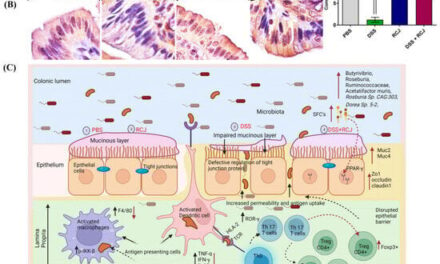
Recent tragedies across India have sparked concerns about an apparent surge in heart-related incidents, raising alarms about a potential heart failure pandemic post the COVID-19 era. The spate of deaths, ranging from school students to seemingly fit celebrities, has spotlighted a worrisome trend.
In a tragic event, Yogesh Singh, a Class IX student, collapsed en route to his classroom in Jaipur, succumbing to a suspected cardiac arrest. Similarly, a 13-year-old girl from Karnataka’s Chikkamagaluru district passed away after a heart attack while on her way to school.
Reports emerged of multiple collapses at Garba events during Navratri in Gujarat, resulting in at least 10 deaths due to heart attacks, even involving a 17-year-old victim. Recently, actors Shreyas Talpade and Sushmita Sen survived heart attacks, while Telugu actor Harikanth passed away at 33 due to a cardiac arrest.
National Crime Records Bureau data highlights a disturbing rise in heart attack-related deaths, noting a 12.5% increase from 2021 to 2022, with 32,457 deaths reported in 2022 compared to 28,413 the previous year.
Studies have begun to link the aftermath of COVID-19 infections to deteriorating heart function. Japanese researchers raised concerns about a potential “heart failure pandemic” due to COVID-19’s impact on heart health, even in those without pre-existing heart conditions.
While some attempted to associate these heart issues with COVID vaccinations, global health authorities such as the WHO, US CDC, and ICMR have dismissed the claims, affirming the safety of vaccines. Their studies indicate that unvaccinated individuals faced higher risks of heart problems due to COVID.
Experts have outlined multiple risk factors contributing to heart attacks, including diet, exercise, smoking, excessive drinking, and sedentary lifestyles. High haemoglobin levels have also been linked to heightened heart attack risks, potentially leading to stroke and blood clots.
Healthcare professionals have advised against excessive exercise, citing lingering physical stress and complications post-severe COVID. These complications vary from respiratory challenges to cardiovascular issues, fatigue, and muscle pain.
Doctors emphasize the importance of an informed fitness approach, respecting individual limits and recognizing signs of overexertion, calling for a holistic fitness ecosystem championing well-informed training practices.











